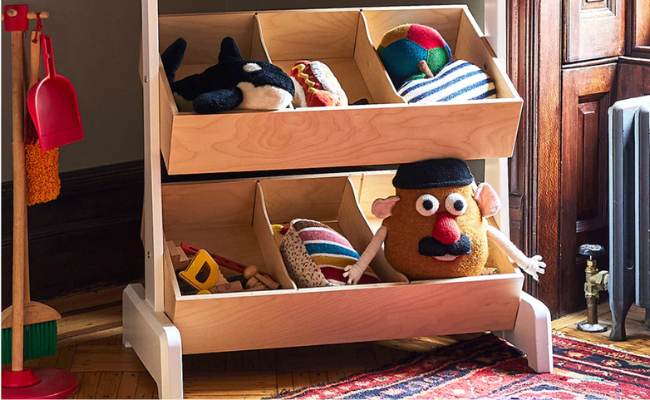
THE IMPORTANCE OF NAP! By Dr Marta Ezequiel
How long should my child take his nap?
The sleep of babies and children is a topic that is constantly being debated, but it is of great importance!
I recently had the opportunity to collaborate with a team of sleep specialists in Pediatrics, on the Guidelines of the Portuguese Society of Pediatrics on Siesta in nurseries and kindergartens ( https://pjp.spp.pt//article/view/18613 )
Contrary to what we might think, sleep, to which we dedicate about a third of our existence, is not limited to a simple absence of wakefulness. Sleep is a very complex state that has numerous functions from cell renewal, production of hormones and antibodies as well as the production of proteins and regulation of our metabolism. In addition, in children, sleep makes an important contribution to their body growth.
The daily duration of sleep progressively decreases during growth and multiple population studies have sought to determine the number of hours of sleep adequate for each age group.
At birth, sleep cycles are not influenced by the alternation between day and night. The baby sleeps an average of 17 hours and it is hunger that wakes him up. Gradually, after the 1st month of life, sleep consolidates around the nocturnal period. Around 6 months, the infant takes 2 to 3 naps during the day. From 1 year of age, the duration of sleep decreases to an average of 14 to 11 hours and the child sleeps three times, one at night and two during the day: in the morning and in the afternoon.
Between 15 and 30 months of age, he spontaneously suspends the morning nap, maintaining the afternoon nap, which he will only abandon between 3 and 5 years, or later in some children.
Regarding the total number of daily hours of sleep, the following are recommended:
1) Infants from 4 to 12 months: 12 to 16 hours per 24 hours (including naps)
2) Children aged 1 to 2 years: 11 to 14 hours per 24 hours (including naps)
3) Children aged 3 to 5 years: 10 to 13 hours per 24 hours (including naps)
4) Children aged 6 to 12 years: 9 to 12 hours of night sleep per 24 hours
5) Adolescents aged 13 to 18 years: 8 to 10 hours of night sleep per 24 hours
Therefore, depending on the average number of hours that children sleep during the night, it may be necessary to keep naps until they are 5 years old.
However, as with adults, there are children who are more sleepy than others. Some 4-year-olds wake up full of energy after only 10 hours of sleep and can't take a nap, while others can't wake up after 11 hours of nighttime sleep and still need a 1-2 hour nap in the early afternoon.
When should I assume that my child no longer needs a nap?
1) When there is resistance when it comes to falling asleep at night because you are not tired;
2) When the child has nocturnal awakenings or wakes up much earlier in the morning compared to when he does not take a nap;
3) When you cannot fall asleep during the initial 30 to 40 minute nap period;
4) When you have the ability to stay awake all day with preservation of attention, mood and activity without needing to take a nap.
Be attentive to your children's needs and don't neglect the need for sleep!
Per Dr Marta Ezequiel .
leave us your opinion about the importance of naps in our children's lives.



